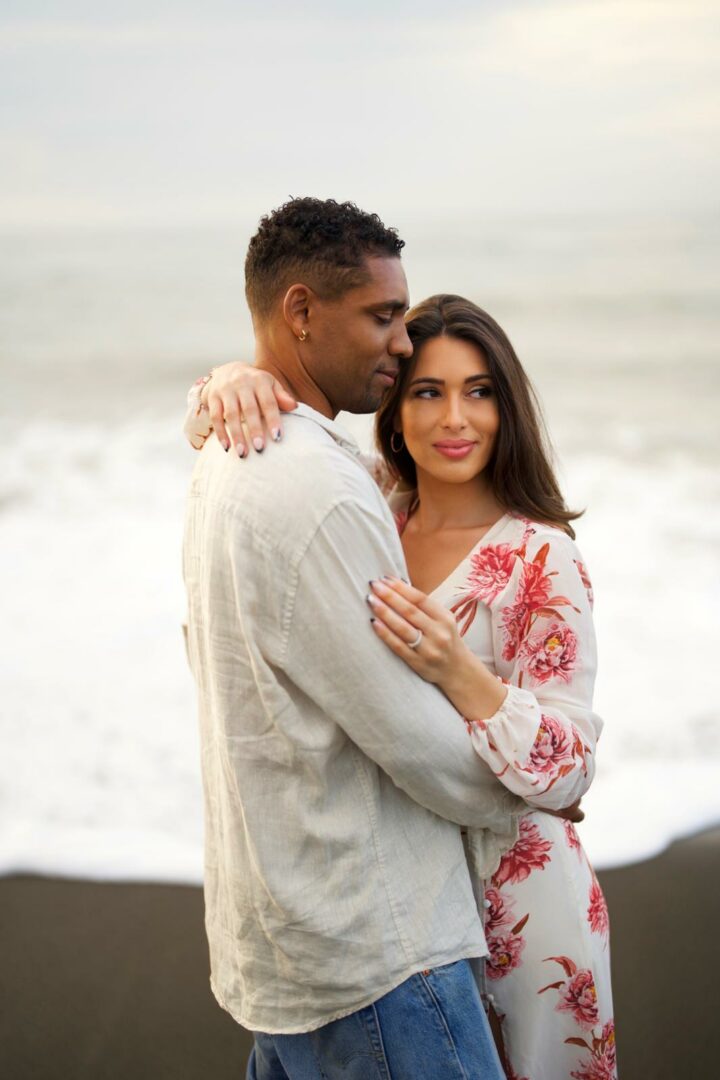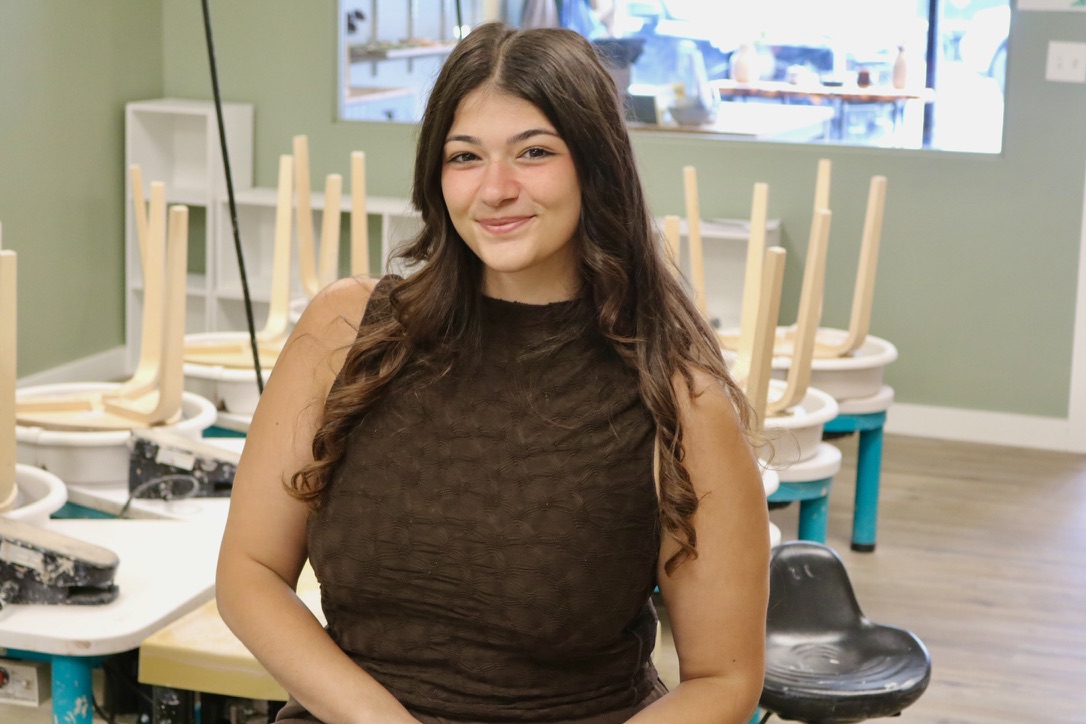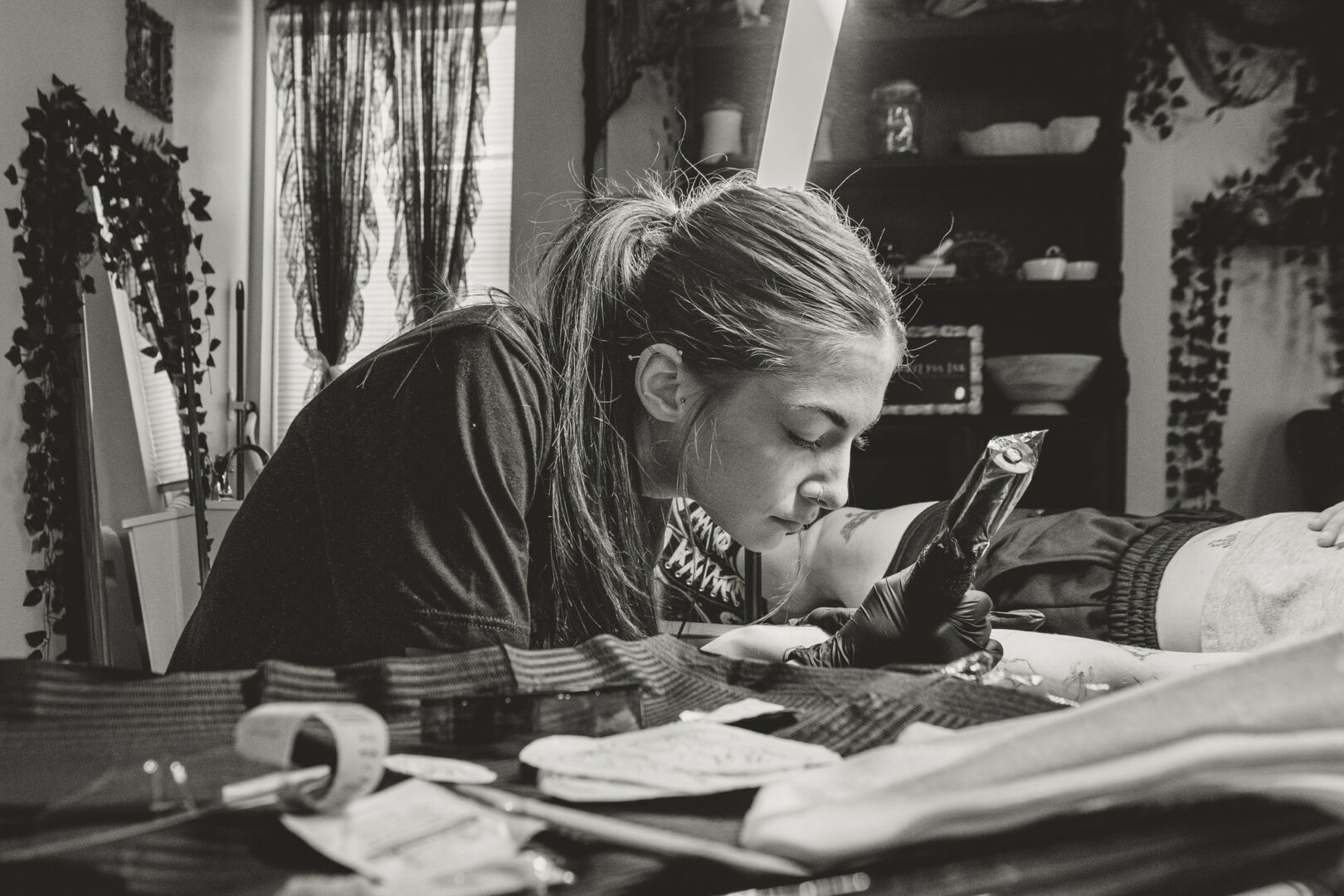We’re excited to introduce you to the always interesting and insightful Lynette K Henderson. We hope you’ll enjoy our conversation with Lynette K below.
Lynette K, thanks for taking the time to share your lessons with our community today. So, let’s jump right in – one of the most essential skills for unlocking our potential is self-discipline. Where does your self-discipline come from?
When I was a child, I spent my time roaming around outdoors and drawing in class when I should have been paying attention; I was very undisciplined. I would see others achieve and have great experiences that I would have liked to have. Over the years I realized that the only way to make things happen is to choose a path, commit and keep working! And most of the time that bears fruit, eventually. I also realized at some point that there are lots of people out there in the world who can function as a good role model. One time I went to a bar with a live band playing country music and I had no idea how to dance to that. I picked out the best dancer in the room and asked that person to dance, they graciously taught me for two songs! So, it’s like that. Coming from the education world and going back into the studio world I’m doing the same thing, finding people who have knowledge and skills and seeing what I can learn from them. It’s different though than education, where your role models are largely chosen for you – In the studio art world you must look everywhere. And if someone won’t talk to you, you can still look and read about what they’re doing. One drawback in looking to others is a tendency to make comparisons between oneself and one’s role models. Obviously, it is most useful in seeing where you are at and what you need to learn; it is important however to accept the fact that there ARE things to learn and improvements to be made, to let go of the “not knowing yet”. Just be willing to engage to move forward – I need to remind myself of that all the time.
Appreciate the insights and wisdom. Before we dig deeper and ask you about the skills that matter and more, maybe you can tell our readers about yourself?
I have always been primarily a painter, although lately I have been broadening into other mediums as well – drawing, printing, mixed-media sculpture. Being an art educator forced me to engage with a lot of materials other than paint, that was a good thing. In general animals and nature are my primary concerns, humans are there but they seem to be able to take care of themselves overall, compared to animals. I think humans behave very selfishly, taking way more than they should of resources, leaving scraps for other species to sift through and eke a living. So, my work deals with that. I confess I am still so enamored of the forms, colors, and textures of animals that I spend a lot of time doing that in paint, rendering various species as painting problems. That’s probably because I didn’t get to do that for many years as a full-time educator, so I’m working it out. I understand that many people in the contemporary art world aren’t really interested in craft as a thing, but I’m not done yet and maybe I can tell my story while honing my craft, we’ll see. That’s one reason I feel somewhat displaced in the current studio world, this conflict between craft and the story, but it’s getting better in terms of navigating around. I’m not quite as lost in the vast universe of contemporary visual art as I was at first, as I try to figure out what my work is about.
Looking back, what do you think were the three qualities, skills, or areas of knowledge that were most impactful in your journey? What advice do you have for folks who are early in their journey in terms of how they can best develop or improve on these?
I was born with these three things: an aptitude for drawing, avid reading, and being very detail oriented; these were all despite my difficulties in focusing on school. These qualities have gotten in my way at various points in time, but with conscious intent I was able to use my drawing to my advantage in sketching out ideas and making artwork. Reading is massively important – I recommend people to read a lot but also to pay attention to who is doing the writing. The detail orientation sometimes can bog you down if you get too immersed, but used well it can help complete artworks to a professional level, write out applications without skipping important stuff, create that list of people for networking – all the tedious aspects of developing and maintaining a career. I think recognition of one’s skills is the first step and seeing the best way of using them. Sometimes a person needs help with both recognition and how to utilize skills, an outside source to say hey you’re really good at that, maybe you should think about…. I’ve benefited from that many times over the years, good advice on when to engage and when to let go, although to be truthful I haven’t always listened, lol.
Alright, so before we go we want to ask you to take a moment to reflect and share what you think you would do if you somehow knew you only had a decade of life left?
A big challenge that has come up a lot as I make my transition from full-time educator back to my fully-engaged studio self, is the question of my age, is it too late, that sort of thing. As I am now older, I worry I won’t have enough time to develop my work to the level I would like, an admittedly vague goal that has art enlightenment at the end. Ultimately, not so much fortune and fame, but I would like to do work that I couldn’t have anticipated, that amazes even myself! To get there I just need to keep going, as I’ve witnessed in the past that’s the only way: to dump the images of what could have been, to focus on what is now – and as always, get out of my own way. A constant reminder!
Contact Info:
- Website: https://www.lynettekhendersonart.com/
- Instagram: https://www.instagram.com/lynettekhenderson/
- Facebook: https://www.facebook.com/lynette.henderson.71/

![]()
![]()


![]()


Image Credits
All photos by the artist.




